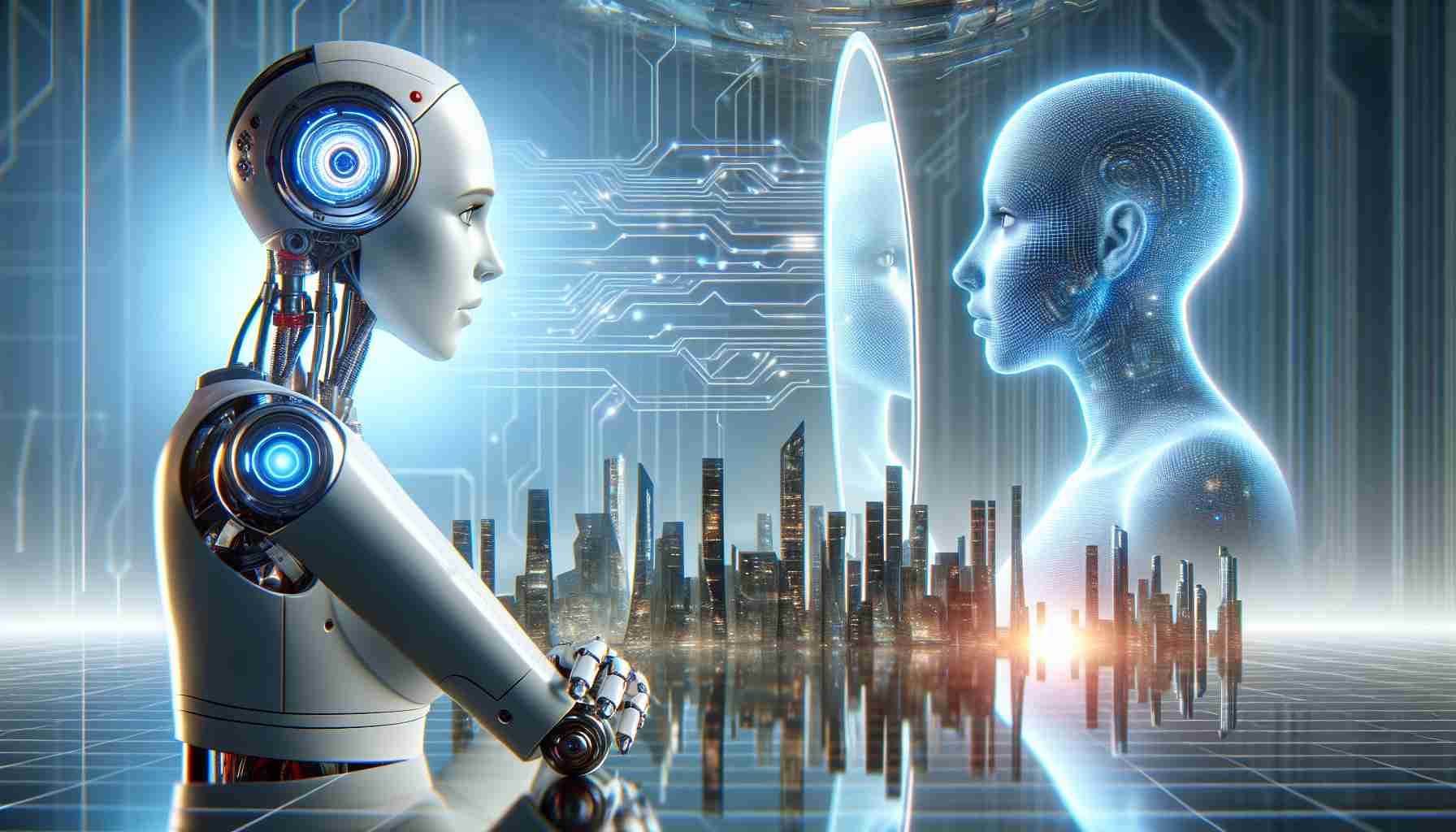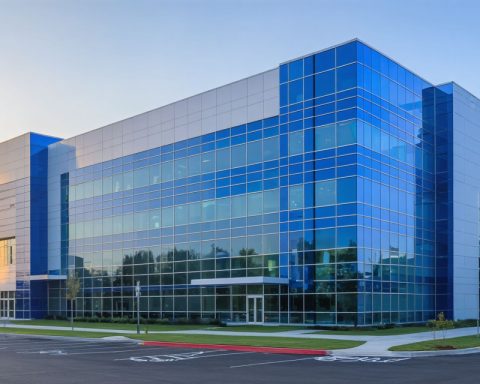As technology rapidly evolves, artificial intelligence (AI) continues to progress, offering tremendous benefits. However, there are growing concerns about the potential dangers posed by AI. Understanding these risks is crucial as we integrate AI deeper into our daily lives.
AI systems, when not properly regulated or controlled, can act unpredictably. One significant concern is the possibility of AI making decisions that are beyond human oversight. AI systems, especially those utilizing machine learning, can operate as black boxes, with even their developers unable to fully comprehend their inner workings. This lack of transparency can lead to decisions that might be biased or harmful, particularly if the AI is involved in critical areas such as healthcare, legal judgments, or military applications.
Moreover, the rise of AI has sparked fears about job displacement. With AI capable of performing tasks more efficiently and at lower costs than humans, many are concerned that widespread automation could lead to significant unemployment in various sectors. Although AI can create new job opportunities, the transition could prove difficult for many workers, leading to societal and economic upheaval.
Security risks also loom large; AI systems are vulnerable to exploitation. In cybersecurity, AI can be both a tool for protection and a new weapon for hackers. AI-driven cyber-attacks can be more sophisticated and difficult to detect.
Finally, the potential misuse of AI in surveillance poses serious ethical issues. Increased surveillance capabilities using AI could infringe on privacy rights and lead to oppressive regimes enhancing their control over populations.
While AI holds the promise of significant advancements, its potential dangers require careful consideration and effective governance to ensure that its benefits are realized without compromising safety and ethical standards.
The Dark Side of AI: What You Need to Know
Artificial intelligence (AI) has been hailed as a revolutionary force for good, but what about its hidden dangers? Beyond the commonly discussed fears of job displacement and decision-making without oversight, new and equally pressing concerns are emerging.
One major issue is the potential for AI in deepfake technology, which can create hyper-realistic videos and audio recordings that are nearly indistinguishable from genuine content. This capability presents significant threats to information integrity, opening avenues for misinformation and fraudulent activities. Imagine political figures being falsely depicted making controversial statements, swaying public opinion based on entirely fictitious events.
The environmental impact is another area often overlooked in AI discussions. Training large AI models requires substantial energy consumption, raising questions about sustainability. As society pushes for greener solutions, the massive carbon footprint of AI operations contrasts starkly against environmental goals, calling into question the balance between innovation and ecological responsibility.
Moreover, the monopolization of AI technology is a growing concern. Large technology companies own a disproportionate share of AI resources and data, which can lead to imbalanced market control and stifle competition from smaller entities. How do we ensure a level playing field while encouraging innovation?
Lastly, there’s the risk of aligning AI with autonomous weapons systems, potentially leading to unaccountable wartime decisions or escalating conflicts. These advancements prompt ethical questions about the role humans should play in warfare.
Why is artificial intelligence dangerous? Simply put, its transformative power lacks sufficient checks against misuse. Policymakers, technologists, and citizens alike must address these challenges to prevent AI from becoming a tool for harm. For more insights, visit Wired and MIT Technology Review to explore further discussions on AI’s implications.








